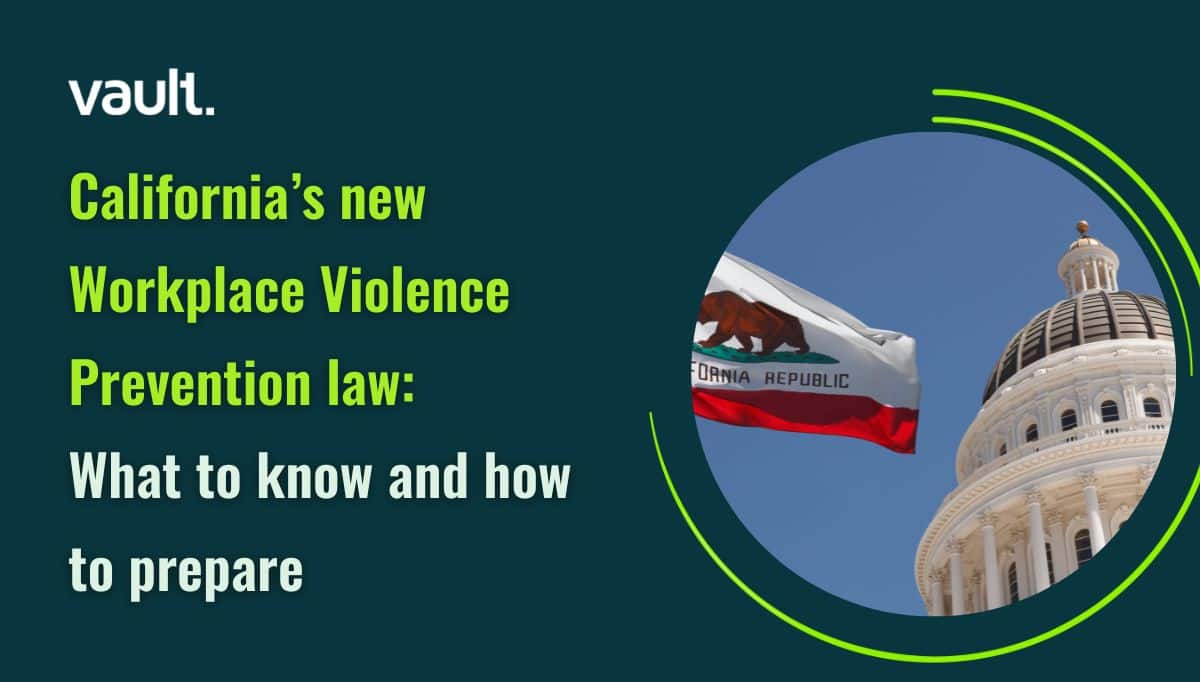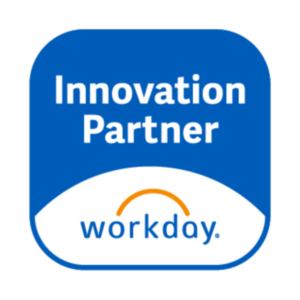This week is Mental Health Awareness Week in the UK and Mental Health Awareness Month in the US. When we spend an estimated one-third of our lives at work, mental health is undeniably a workplace issue. The COVID-19 crisis has made mental health an even more salient issue for organizations not just because of the economic and financial implications but because of the lasting changes to the way we work.
At least one in four of us will experience a mental health problem at some point and the work environment can be a significant contributor. Workplace bullying, sex harassment, and racism at work have long been common workplace challenges that can affect an employee psychologically. These issues have now been compounded by fears over job security, workplace safety, and for those working from home, a new and possibly isolated environment.
Already we know that the vast majority of harassment and other workplace misconduct incidents go unreported and reports are emerging that people are even more scared to Speak Up at a time when jobs are on the line. The most common reason people cite for not raising concerns is that they do not believe appropriate action will be taken. The second biggest concern is that they fear repercussions that might have an impact on their job.
The challenge is further compounded by legacy solutions for capturing reports of misconduct or questions about psychological health and resolving them. Organizational psychologists believe that fundamental design flaws in tools such as anonymous hotlines, discourage people from speaking up at the best of times. Primarily, anonymous only and outsourced solutions send the message to employees that public challenges or questions are unwelcome and that they work in an environment where it is not safe to voice their concerns.
COVID-19 will leave in its wake a deepening mental health crisis among workers. Add to this the threat of digital discrimination from an ongoing increase in remote working and the rise in racial harassment linked to COVID-19 and organizations are going to be overwhelmed by HR, compliance, and legal challenges.
Here are a few ways employers can protect employees and prevent a breakdown in culture:
- Make speaking up the new normal – workplaces should send a clear message to their workforce – that speaking up is actively encouraged, and is possible even at a distance. This is done through clearly communicating where employees can go to voice concerns, and where they can access resources. When employees voice concerns, these should be addressed transparently and resolved with efficiency. Over time, this creates a culture of trust and accountability.
- Implementing appropriate tools – technology in and of itself won’t build a healthy culture, but it is crucial to provide employees with a digital safe space that they can access whenever it is needed and in a way that feels reassuring. Keeping the channel of communication open for employees returning to work or those on furlough will be key in the next phase of the COVID-19 crisis. A solution such as Vault Platform provides this safe space in an accessible format, whilst making the resolution process more efficient and transparent.
- Empowering employees at every level – the last few years have seen a sharp rise in workplace activism, with employees increasingly taking to social media to publicly vent their frustrations. The consequences (both financially and reputationally) are increasingly real for organizations large and small. In the Glassdoor era, employees who feel disconnected from management and powerless to make a change will ultimately find increasingly public ways of speaking up.
COVID-19 has brought with it great uncertainty and deepened feelings of loneliness and isolation for many. As we navigate the crisis, organizations play a central role in supporting their employees virtually and in-person.




